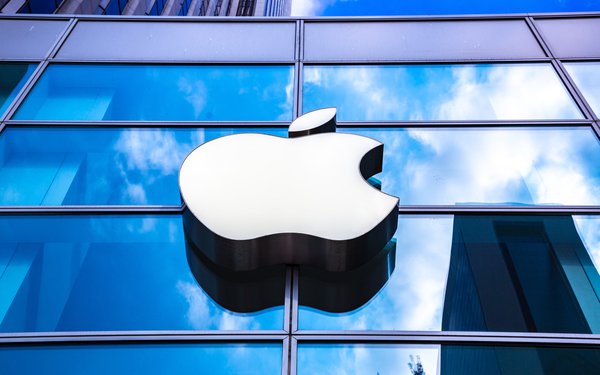Battle Over Fake Crypto App Threatens All Third-Party Apps, Tech Groups Warn
- by Wendy Davis @wendyndavis, October 11, 2023

An ongoing battle between Apple and iPhone users who lost money after downloading a fake cryptocurrency app could result in widespread disruption to mobile app marketplaces.
That's according to a coalition of tech industry organizations, which this week argued that Apple shouldn't be required to face a class-action complaint over the distribution of Toast Plus -- a phishing app that falsely claimed to be a cryptocurrency wallet.
A decision against Apple could lead to “disruption to the app markets ... ultimately harming consumers and the creator economy that Apple supports,” the tech-funded groups Chamber of Progress and NetChoice, digital rights group Electronic Frontier Foundation, and others argue in a proposed friend-of-the-court brief filed this week with the 9th Circuit Court of Appeals.
They add that an Apple loss could “effectively force app store providers to monitor millions of apps, likely leading to the removal of most or all third-party apps from app stores.”
advertisement
advertisement
They are weighing in on a lawsuit brought against Apple by Hadona Diep and Ryumei Nagao, who allege they lost money after downloading Toast Plus. They argue they thought the app was legitimate based on Apple's representations that its app store was “a safe and trusted place.”
U.S. District Court Judge Phyllis Hamilton dismissed the complaint last year, ruling that Apple was protected by Section 230 of the Communications Decency App. That law immunizes interactive services from liability for material posted by third parties.
The consumers recently asked the 9th Circuit to reinstate the complaint, arguing that the claims centered on Apple's own statements about the safety of its app store.
Apple countered in papers filed last week that the claims “inextricably depend” on the app's content -- and are therefore covered by Section 230.
“Plaintiffs seek to recover for harm arising from their interaction with the Toast Plus app -- and they seek to hold Apple liable for that harm because Apple allegedly failed to discover in advance that the Toast Plus app’s content was a 'spoof' or fraud and instead allowed the app to be distributed on the App Store and 'failed to remove' it,” Apple wrote.
The tech groups agree with Apple.
“The real thrust of plaintiffs’ claims is that they were harmed by third-party content published on an app store,” NetChoice and the others write. “The only way Apple could have met its alleged duties would be to monitor and remove third-party content.”
The groups add that consumers, app developers and the “broader Internet ecosystem” will be harmed if companies like Apple are effectively forced to “meticulously review” apps in advance.
“The result would be fewer options, less competition in the digital marketplace, and disproportionate harm to marginalized voices that rely on app stores and third-party services to distribute content,” the groups write.


